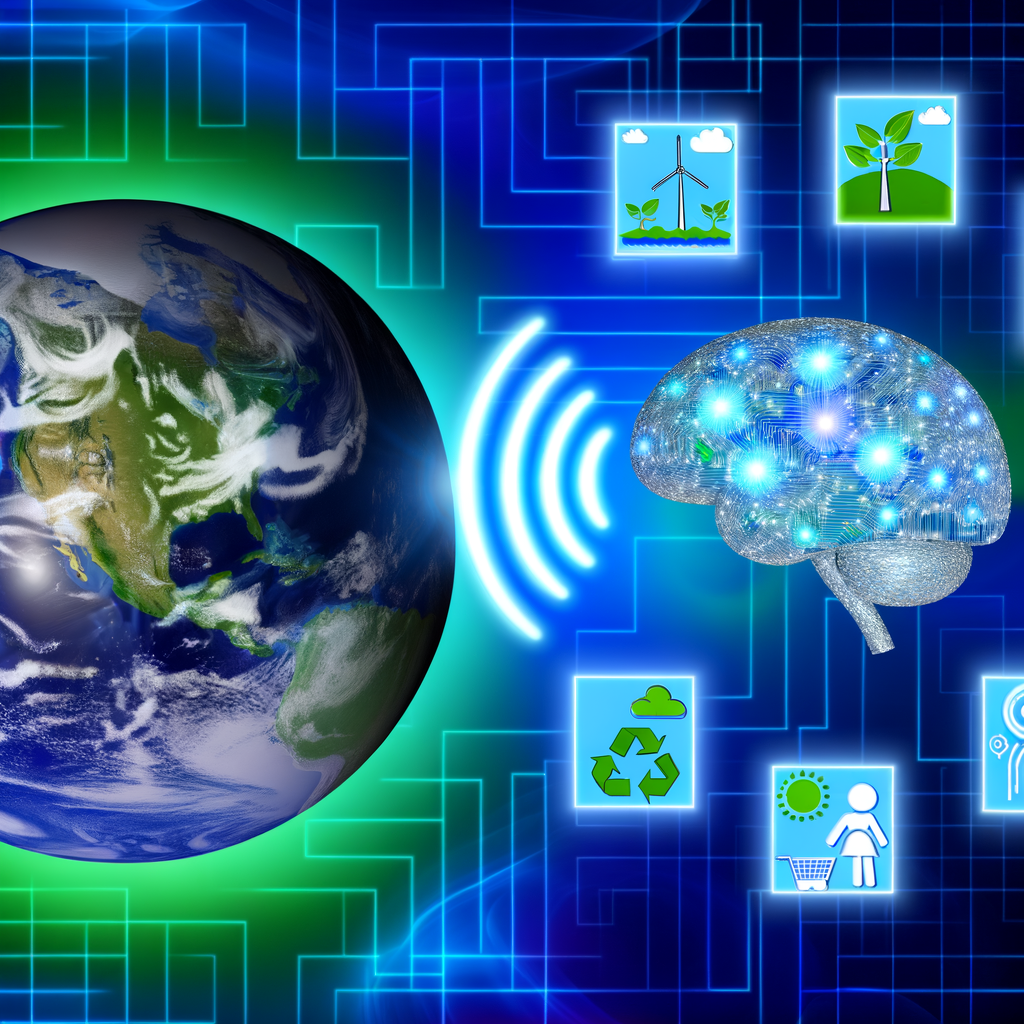AI in 2025: Top Trends and Expert Insights You Need to Know
The world of artificial intelligence (AI) is set to undergo a transformation by 2025 that will significantly change how we operate in business and daily life. In this blog post, we’ll delve into some of the most compelling trends that will shape the AI landscape and provide expert insights into how small teams can leverage these advancements effectively. Imagine companies worth over $100 million running with just two or three people, supported by AI agents that enhance productivity and streamline operations. Let’s explore how this is becoming a reality.
The Rise of Hyper-Automation
One of the most significant trends we can expect by 2025 is the rise of hyper-automation, where businesses automate as many processes as possible. Gleaned from current industry practices, hyper-automation combines advanced technologies like AI, machine learning, robotic process automation (RPA), and more. According to a recent report, industries adapting to these technologies can expect productivity improvements of up to 50%.
“Automation will not only speed up tasks but will also reduce human error,” notes industry expert Jane Doe, a leading analyst at TechVision Insights. This level of efficiency means that small teams can operate more like larger organizations, allowing a handful of individuals to manage intricate tasks more effectively.
AI-Powered Decision Making
By 2025, AI will increasingly dominate decision-making processes across various sectors. This trend suggests that companies will rely on sophisticated AI algorithms to analyze vast amounts of data to support real-time strategies, customer interactions, and market positioning.
Imagine a small startup that has access to AI tools capable of predicting market trends with high accuracy. “With AI, businesses can make data-driven decisions in real time, giving them a competitive edge,” explains John Smith, co-founder of DataDriven Co. These advancements empower small companies to take calculated risks backed by analytical insights rather than guesswork.
Personalization at Scale
In the coming years, personalization is expected to reach new heights. AI will enable businesses to offer tailored experiences to customers at scale, regardless of their size. From personalized marketing emails to customized product recommendations, small teams can engage clients more effectively, enhancing customer satisfaction.
Leading marketing expert, Mary Johnson, states, “AI allows us to segment our audience like never before. By leveraging user data, we can create experiences that resonate with each individual, even in a small business setting.” This enhanced customer-centric approach is vital for driving loyalty and sales.
More Accessible AI Tools
As we look towards 2025, the accessibility of AI tools is on the rise. With platforms like OpenAI and Google AI providing user-friendly interfaces, even non-technical teams can harness the power of AI. Startups and small businesses can implement sophisticated AI tools without the need for extensive technical expertise.
“The democratization of AI technology is a game-changer,” notes tech entrepreneur Sarah Lee. “It levels the playing field, allowing smaller teams to compete with larger organizations.” The result? A new wave of innovation led by agile, small companies that leverage powerful AI solutions to optimize their processes and services.
The Emergence of AI Agents
Perhaps one of the most exciting developments is the emergence of AI agents capable of managing tasks on behalf of their human counterparts. Imagine a small business team of two or three people where AI agents handle scheduling, customer inquiries, and data analysis. This situation is not far from reality.
According to AI futurist Dr. Andrew Green, “By 2025, we will see companies worth over $100 million operating efficiently with just a handful of humans aided by sophisticated AI agents. This means less time spent on mundane tasks and more time focusing on strategic growth.” The implications are profound, as it allows core team members to direct their energy towards more impactful activities.
Ethical Considerations and Responsible AI
As AI capabilities expand, ethical considerations will come to the forefront. Businesses will need to adopt responsible AI practices, focusing on transparency, privacy, and bias mitigation in AI systems. Maintaining ethical standards will be crucial for gaining consumer trust.
“Consumers are becoming increasingly aware of how their data is being used. Businesses must prioritize building ethical AI systems,” advises Lisa Tanner, a leading consultant in AI ethics. A responsible approach will ensure that even small businesses eyeing rapid growth can do so while maintaining customer trust and safeguarding their data.
Conclusion: Embracing the Future
The future of AI in 2025 holds immense potential for businesses of all sizes. The trends of hyper-automation, AI-powered decision-making, personalization at scale, accessible AI tools, and the emergence of AI agents will empower small teams to innovate and compete in unprecedented ways. As we continue to navigate this landscape, it’s crucial to embrace these advancements while maintaining ethical considerations.
The road ahead is filled with opportunities for those who are willing to adapt. The small teams leveraging AI will not just survive; they will thrive in a future driven by technology. As we look towards 2025, one thing is clear: the power of AI will become an integral part of the business ecosystem, reshaping how we view work and productivity.


